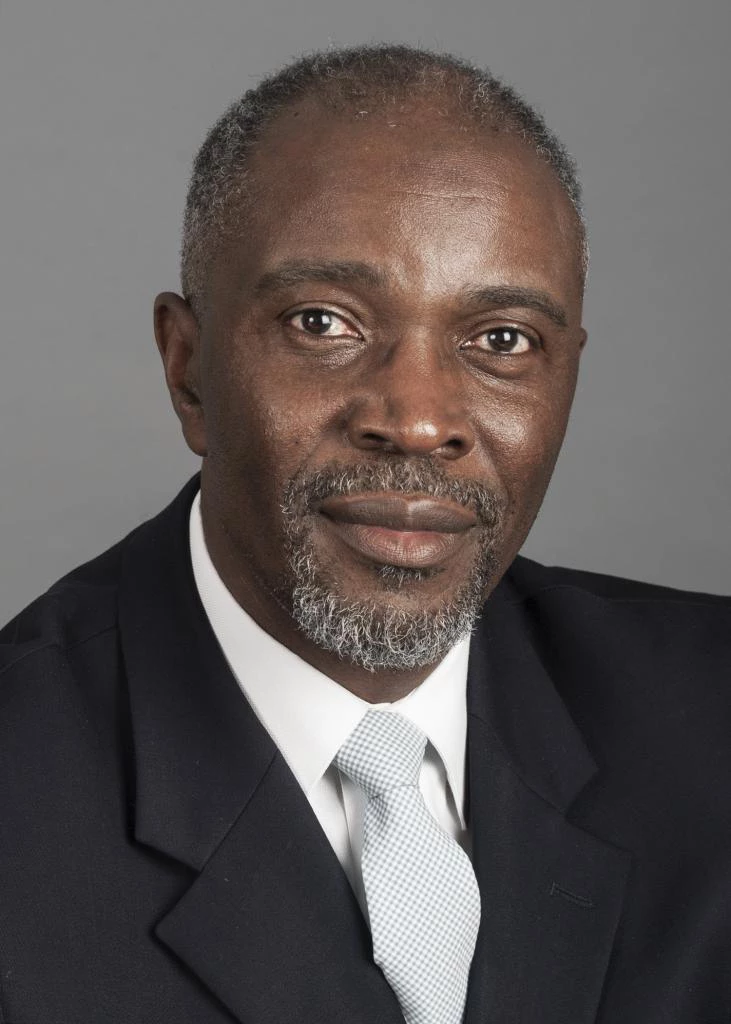
The saying goes, ‘water is life’, and how so true! But water also drives economic and social development. Clean water supply is vital for health, hygiene and livelihood. Water is essential for agriculture and critical to energy production – and much, much more.
However, more than a billion people currently live in water-scarce regions, and as many as 3.5 billion could experience water scarcity by 2025. Water scarcity is a recognized cause of conflict and migration and is among the top global risks. To be sure, conflict and migration likewise contribute to scarcity of water!
There is work being done, however. Over the last decade, governments and donors have increased budget allocations to water services and infrastructure in many countries around the world. Yet this has not translated proportionately into provision of safe and potable water on the ground. Now, that calls for urgent solutions. But what kind?
Money and infrastructure, essential as they are, are not enough; solutions must address underlying governance challenges in the water sector. Among these is leveraging citizens and civil society as both users and agents of change – to increase transparency, accountability and responsiveness of utilities and policy makers – along the entire service delivery chain. In other words: social accountability.
If used strategically, social accountability systems can help to accelerate countries’ progress towards Sustainable Development Goal 6 on access to safe water and sanitation. That is why the Global Partnership for Social Accountability (GPSA), working together with Oxfam and the World Bank’s Water Partnership Program, organized a Regional Forum in Dushanbe, Tajikistan in May 2017, to discuss why social accountability is so vital to effectiveness of water services.
The three-day Forum convened participants from civil society organizations (CSOs), government, service providers, private sector and academia from the Europe & Central Asia (ECA) region: Tajikistan, Kyrgyzstan, Kazakhstan, Uzbekistan, Russia, Bulgaria, Armenia and more. Practitioners and policy makers exchanged knowledge and lessons from their experiences. They brainstormed critical themes such as inclusion and gender in water projects, and the use of data to improve accountability and performance.
I led a session on citizen engagement mechanisms in public sector reforms, and discussed the Strategic Framework for Mainstreaming Citizen Engagement in World Bank Group Operations, the role of feedback systems, and the GPSA – which supports government-civil society collaboration to address critical governance challenges. We discussed the World Bank’s commitments and approaches to citizen engagement, and how this can lead to better results in the projects it finances.
The 25 or so participants at the session shared experiences from their contexts. One example – highlighting the importance of engaging citizens – was how a monopoly in the energy sector in Kyrgyzstan drove up the costs of electricity without consumers knowing their rights, let alone engaging the utility.
Tajikistan has one of the world’s most abundant water resources , yet it relies on outmoded infrastructure that does not meet water quality and sanitary standards. As of 2016, approximately 40% of the population, and nearly half of the rural population, relied on water supply sources which were often insufficient, such as springs, wells and water trucks.
The GPSA is one of the programs helping to address this gap through the TWISA project (Tajikistan Improving Social Accountability in the Water Sector) in partnership with Oxfam and the Consumers Union of Tajikistan. Serving eight districts and the capital, the project is boosting capacity of citizens and CSOs to monitor water services, using appropriate service performance indicators they developed in a participatory way.
The indicators were used to inform the official performance standards of the sector. Importantly, they included gender sensitive indicators. This was extremely important because women disproportionately bear the burdens of the water sector. It is estimated women and girls spend around 4-6 hours daily fetching water (and 200 million hours worldwide). Women’s participation in this operation features from design throughout implementation. (Read more about gender and social inclusion here).
The Government of Tajikistan and its partners have made notable strides in improving the performance of the water utility and water supply services over the last decade. According to Mr. Rahimzoda, First Deputy Minister of the Ministry of Energy and Water of the Republic of Tajikistan, who spoke at the opening of the Forum, 57% of the Tajik population will have access to safe and potable drinking water by the end of the year.
That is remarkable progress. I was encouraged to hear the First Deputy Minister point to the important role of social accountability mechanisms in achieving such progress. When government and service-providers actively include citizens as agents of change and partners – and not mere recipients of help – it increases their stake in public services. They can in turn become a vital constituency for needed governance reforms – even difficult ones!
We went into the ECA Regional Forum expecting to facilitate a multi-country, multi-stakeholder learning process, and we did. But what we took away was unique: the richness from the lessons, experiences and challenges of diverse environments. The business model of the GPSA rests on the simple premise of collaboration of governments and civil society to tackle governance challenges. In Tajikistan, the coming together of public authorities, service providers, experts from civil society, confirmed that it works!
Stay tuned for more insights from the Forum and from the water sector in the ECA region!
Tweet these:


Join the Conversation